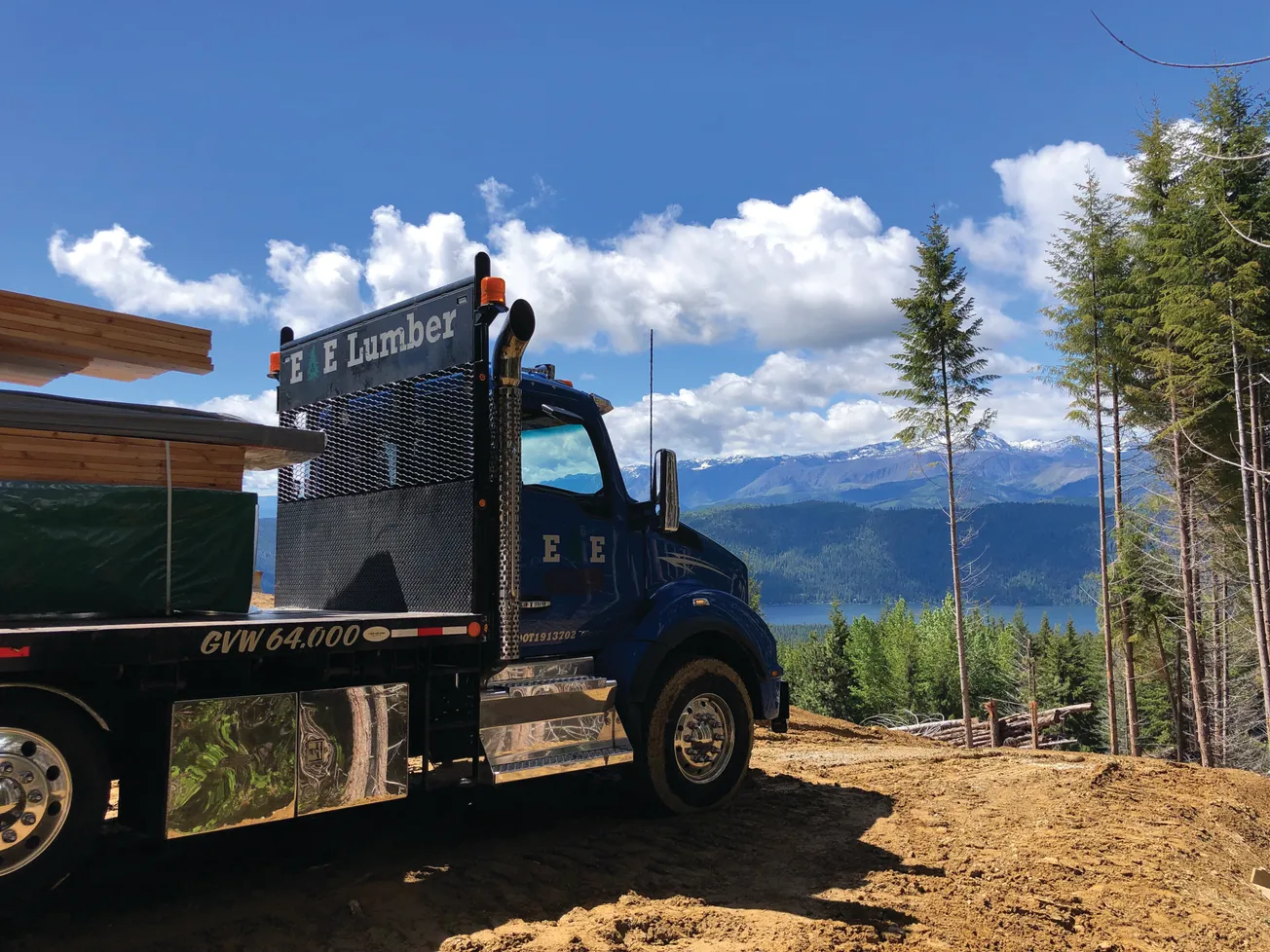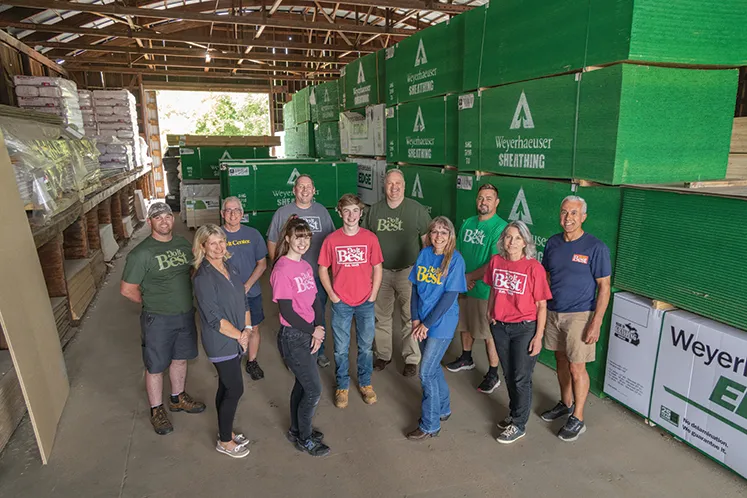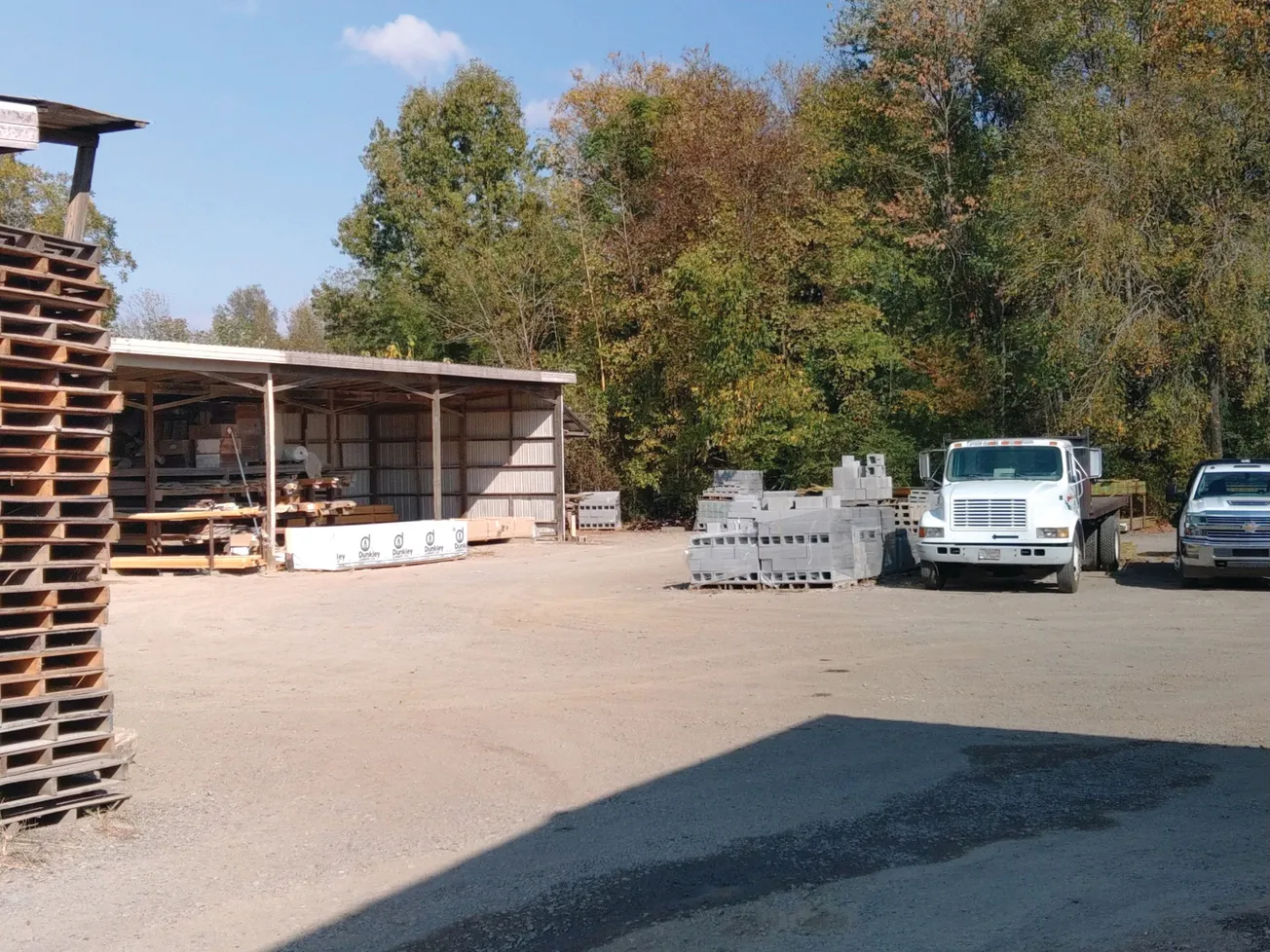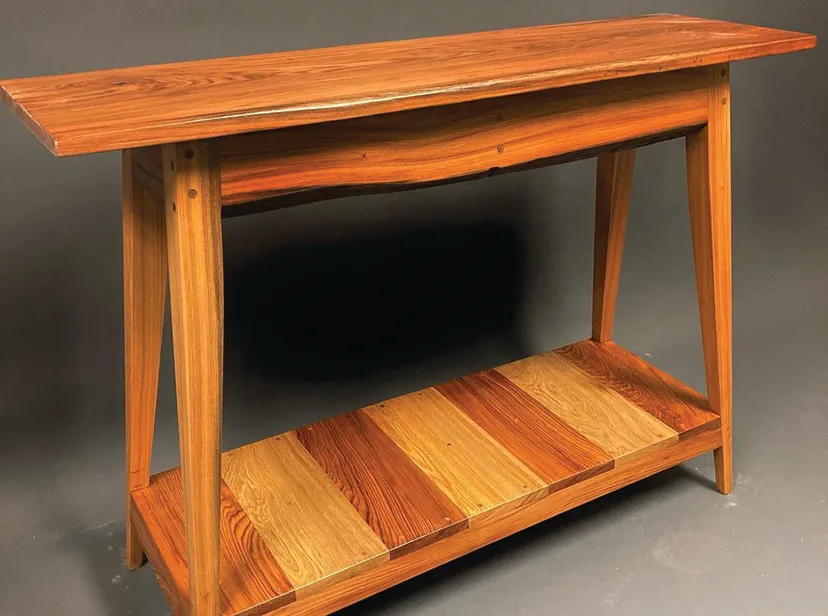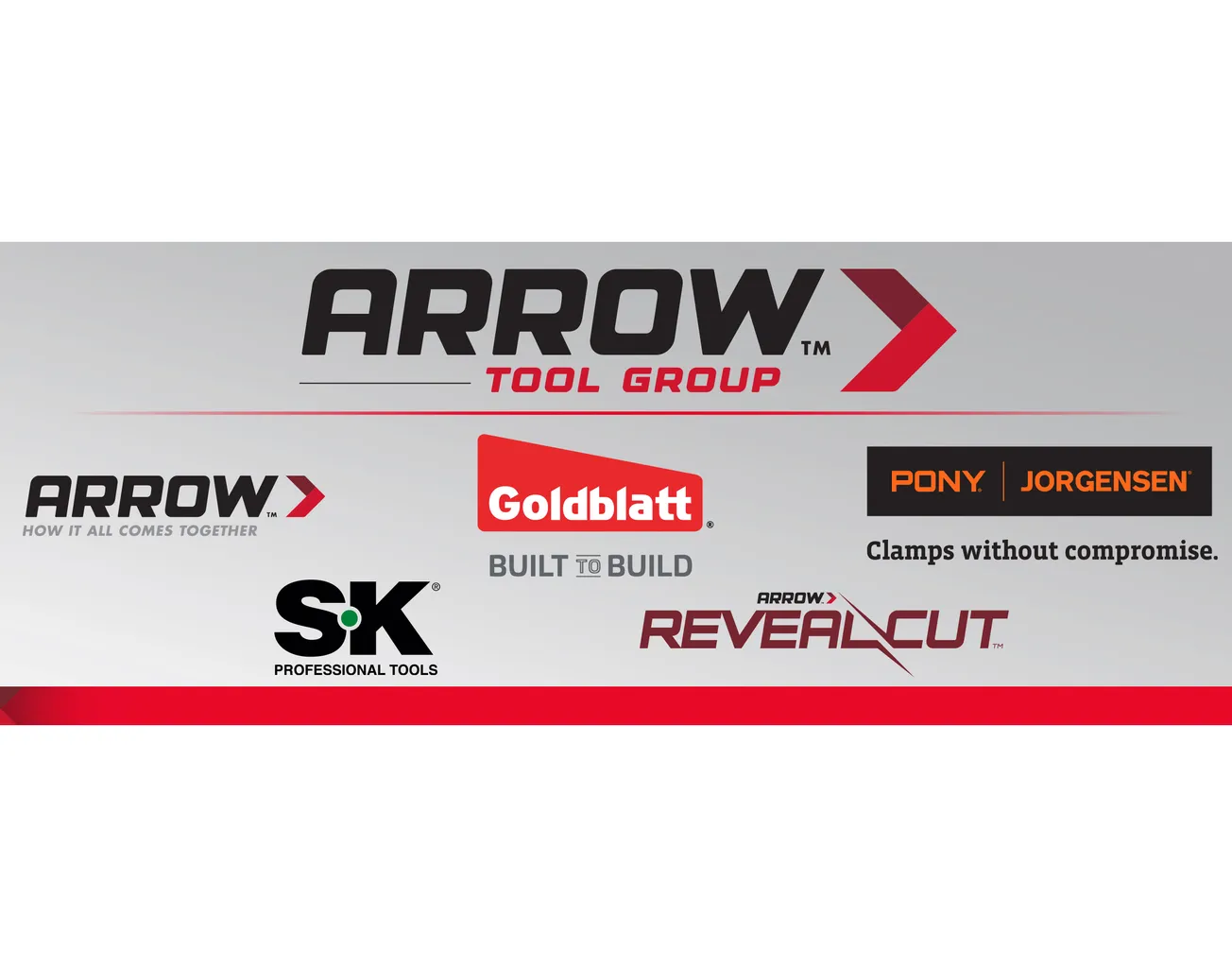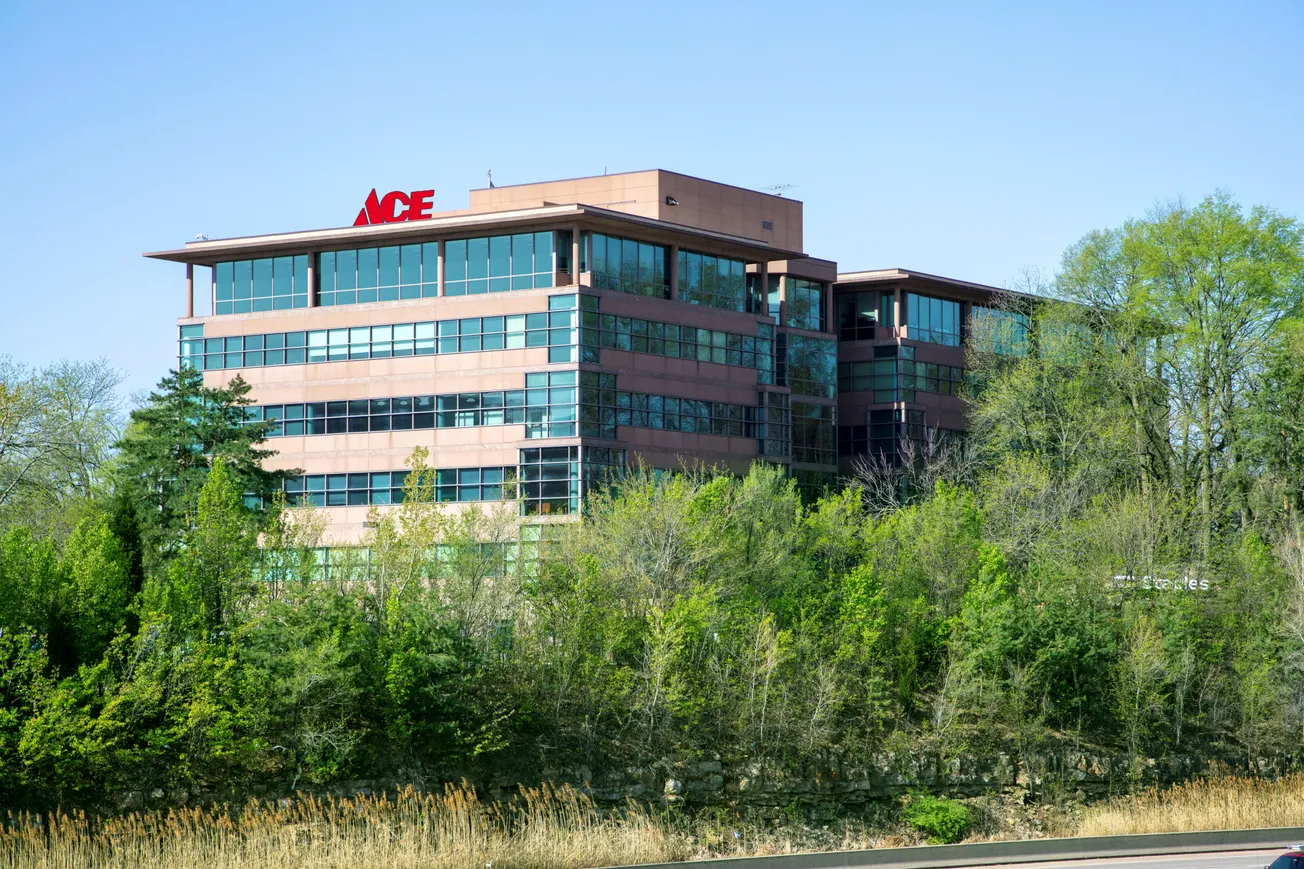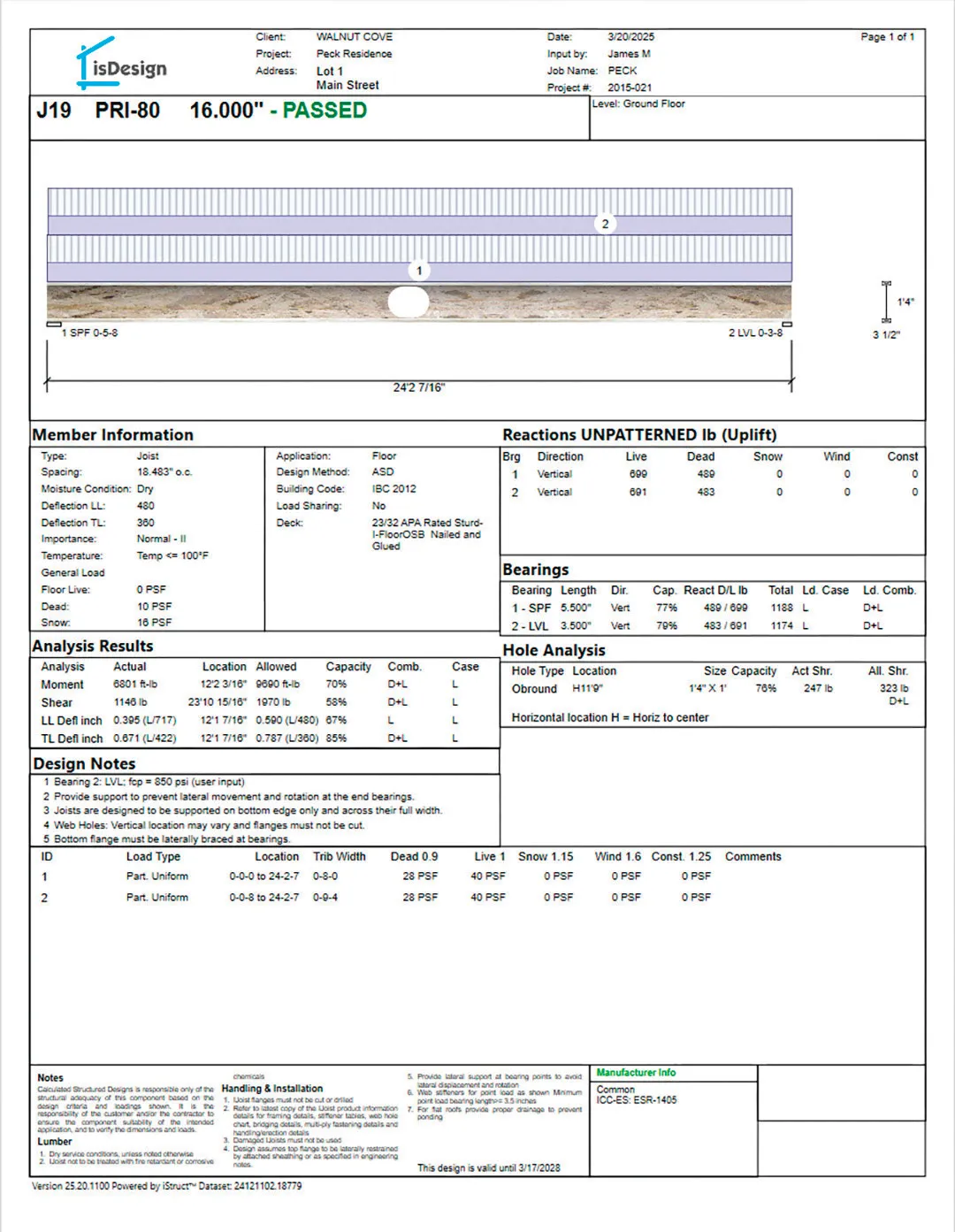Table of Contents
Shortly past the dawn of the last century, Fred Graves, who ran a lumberyard in Wisconsin, got the urge to move to Jonesville, Mi., to help a cousin in the yard he owned. By 1919, Fred had bought him out. Fast forward through several generations to send a Happy 100th Anniversary greeting to his fifth-generation heirs and present owners of Jonesville Lumber, brothers Ben and Abe Graves.
A couple of generations later, their father, James Graves, moved the operation across the street—taking it down piece by piece, then reassembling it on higher ground and—bright idea!—adding the first-ever drive-thru in the entire state, as part of a complete store remodel. (The original building had served as everything from a diner to a gas station to a car dealership).
A bit earlier, back in 1986, James installed—gasp!—a computer, which caused “a little push and pull with the older guys, who were used to writing each and every order up by hand. A big change. And no regrets! Zero!” attests James’ son, Ben. Ten years ago he and his brother Abe took over the day-to-day, with Ben running the warehouse and purchasing, and Abe the sales and hardware side. This year, the brothers bought out their dad, who refuses to sink into the La-Z-Boy. Says he, “What retirement? I have a farm and Angus cattle to manage.”
“It’s simply a change of venue,” agrees Ben, who at 40 holds up his half of the fifth generation. “I grew up at the end of a broom; it’s pretty much what I always thought I’d do. I like the links with the community, the builders, the salesmen. You fall into it, and it turns out to be a very satisfying job.”
Jonesville, a town of 2,500, sits in what Ben describes as a blue-collar county—“very resilient. If the economy’s bad in the country, it’s okay here. If it’s good elsewhere, it’s also okay here. There’s a lot of new construction, a bounce-back from 2008 when the bottom dropped out. Back then, homeowners didn’t sell and move up; they remodeled, and that business carried us. With the rebound, they’re back into new construction, and custom homes are our specialty.”
Their customer base is heavy to pros (80/20), “but our DIY trade is also a huge part of our business,” Ben says. “When a customer walks in, we get to him as fast as we possibly can. We’re very service-oriented; our salespeople are very knowledgeable (some have 40 years in the business) and highly skilled: It’s our Number One attribute. Back in 1997, when we saw the writing on the wall, we decided to focus on ‘How can we service our customers better?’ So Jim bought a boom truck, and we couldn’t keep it off the road. So he bought a truck with a mounted forklift. Couldn’t keep it in the yard, either. So he bought another one. We can provide rooftop delivery, drywall delivery. For lake homes, we can get in sideways when needed. Our whole warehouse crew is focused on getting the product out.”
That crew is a vital part of a staff of 20 full-timers which includes five salesmen. “Their job is—to sell!” Ben announces emphatic, assigning them a back-up of two fellows in-house who run support for them. “Our salesmen are confident! And they know a lot! I’ve got salesman who are driven! If you’ve got those attributes, it’ll happen for you. They know what’s going on.”
Staff training occurs in winter, when business slows down, and cements the relationships that bloom.” It’s a family-owned business, where we work 10-hour days together: They see more of each other than they do of their families, and it carries over. You’ve got to find the right blend of guys who work together. It’s a team that makes it go, working for common goals. It’s a beautiful thing,” he adds.
And those satisfied employees stay on. Why? “We’re fifth-generation owners” who aren’t going anywhere. “We’ve always done the right thing, never micro-manage. We give them a lot of freedom, but we also expect a lot of work. We treat everyone like family and use their time fairly. If you stay loyal to your employees, they’ll stay loyal to you. That’s a lesson I’ve learned from past generations, to do the right thing,” he underscores the company’s mantra. He points to a staffer named Gordon Shaw, recently deceased, who signed on back in Ben’s great-grandfather’s time. “He worked here 60 years. He retired lots of times but kept on coming back.” That proves, in his mind, “You don’t need to reinvent the wheel; just follow the blueprint.”
Works for customers, too. “If the customer wins, everybody wins. We make sure that, when they leave, they’ve had a good experience. When we spot them down an aisle, it’s ‘Hey!’ so they don’t have to walk up and ask; it takes that task out of their hands. We jump up when they come in.
“Ladies,” he responds to a reporter’s question, “are a huge part of our business: Kitchen & Bath—we have a kitchen specialist and design packages. Tile. If they want something, they’re gonna get it,” he pledges. “We make sure that they feel comfortable. Talk down to them? There’s no place for that!”
Jonesville Lumber offers one-stop shopping—but, like the boom truck and the computer, today that’s old news. “That’s always been the case. We offer windows, garage doors, steel siding and roofing, shingles, hardware,” and the list goes on. “Yet, lumber is a huge—huge!—part of our business. Again, we don’t reinvent the wheel, just tweak it.” And heed customers’ suggestions. “We get feedback. We welcome the good, but also the bad. We don’t take it personally; it shows us how we can improve.”
That’s the recipe for success, which Ben rephrases as “Everybody can make money, but how do you keep it? Be there and fill their needs. Stay financially solvent with your bank: You’ve got freedom if you don’t have a large credit line. If you manage labor. And materials. We weathered the downturn by watching expenses, but at the same time, keeping our equipment up. And by maintaining salesmen, keeping their motivation strong.”
Competition? It’s not what it used to be. “Not long ago, every town in the county had a lumberyard. Unfortunately, starting in 2004, the independents started closing down. Then in 1991, the Carter chain moved in. But we did what they couldn’t do—offer customer service: salesmen, estimators. We didn’t subscribe to the corporate mentality. Before we say no, we look at the options. We service our customers the way an independent, family-owned operation can. So in 2010, Carter closed their doors, while we weathered the storm. We don’t take any pleasure in their closing. Zero!” Ben attests. “Twenty people lost their jobs. But I give credit to Jim [Graves], who lived up to his ideals.”
And those involve giving back to the community. “We sponsor youth activities—schools, sports, 4H. Kids will be the leaders of the future.”
Jonesville’s own future looks bright, maybe thanks to the brothers’ own kids. “Abe has two daughters and I have three kids, including a daughter who’s turning 15.” (Hint to daughter: Expect a broom as a birthday present.) “I won’t pressure my kids to go into the business, same as nobody pressured me, or my father. I wasn’t expected to be here, but it was expected that, whatever I did, I do it 110%.
“I’m 40 years old, and I’m staying put. Absolutely! Forever! This is my life. It’s an honest living, working with great people. There’s not a single day I say, ‘I’ve got to go to work.’ It’s very gratifying.”


